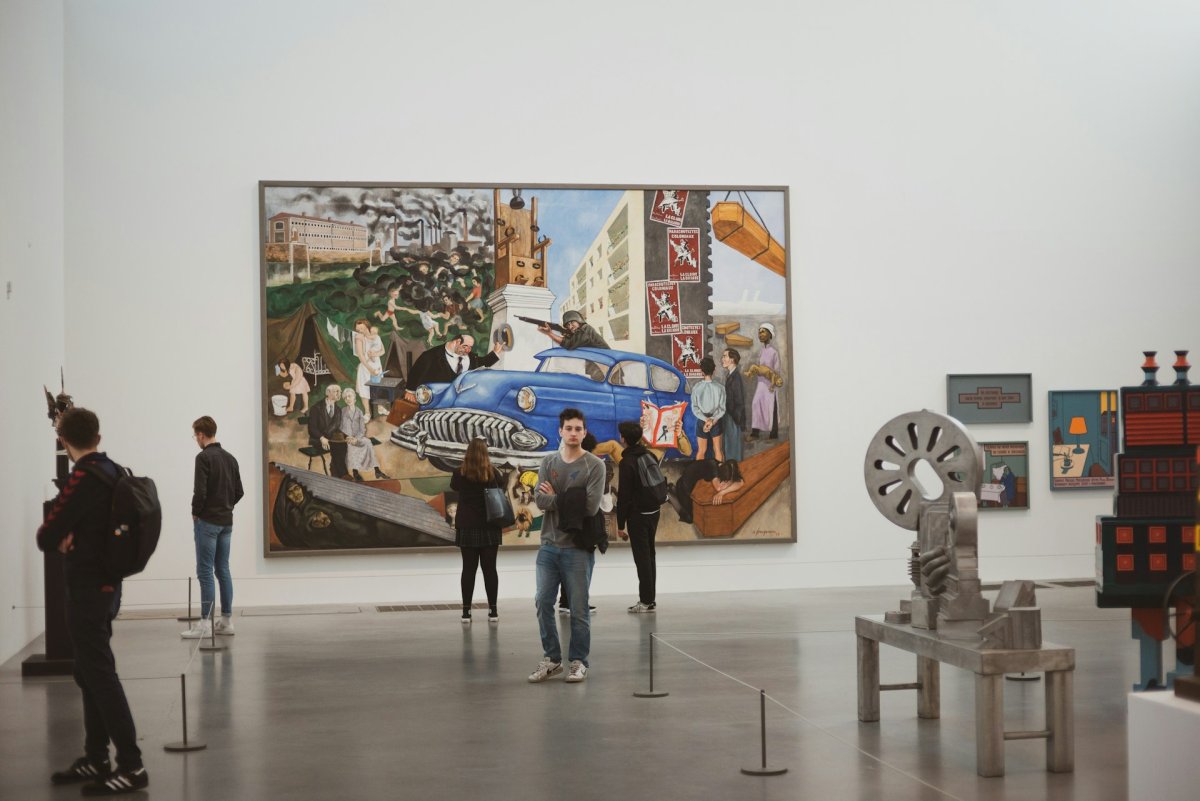Submission deadline: 13 October 2025
Organiser: Tate Papers (as part of the research project Inclusive Practice in the Art Museum: Writing for Audiences and Artists, funded by Terra Foundation for American Art)
Publication: Tate Papers
Who it’s for: Curators, interpretation editors, educators, scholars, artists, community partners, and museum professionals working in or with art museums
Submit here
---
What is it about?
Museums have a responsibility to tell culturally inclusive stories of art, facing both internal and external pressures in the process. How might interpretation practice address the complex expectations placed on museums today?
Tate Papers is seeking contributions exploring the role of art museum interpretation in serving audiences, artists and institutions. Possible areas of focus include:
- Examining the current challenges involved in museum interpretation practice
- Considering the ethical, intellectual and financial justifications for new approaches to developing texts for exhibition and displays
- Providing case studies on emerging museum interpretation practice
- Mapping potential methodologies
The issue invites reflections on how museums can strive for more equitable and balanced storytelling when discussing artists who have been historically excluded from mainstream art histories. Contributions that consider how interpretation practices might attend to the needs of audience and to the well-being of museum staff, are also welcome.
Further areas for consideration are:
- The challenges of sharing interpretive authority with artists and communities
- Presenting histories of radicalism and protest in art institutions
- Approaches that centre multiple perspectives and voices, such as affinity viewings and ‘equity edits’
- Moving beyond assumptions about what audiences might want or need
- Recognising that those who shape museum narratives are themselves part of the audience
Who Should Submit
- Interpretation editors, curators, and museum educators
- Researchers and scholars in museology, art history, and cultural studies
- Artists working with museums on interpretation
- Community partners engaged in co-authorship of museum narratives
- Museum leaders, policymakers, and funders exploring culture’s role in equity and inclusion
Further details can be found on the Tate Papers website, where editorial policies and submission guidelines are outlined.
For more information, please visit Tate Papers' official website.
---
Image: James Genchi on Unsplash








